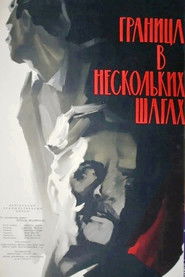detail profile endre csonka
Peran Yang Di Mainkan Endre Csonka
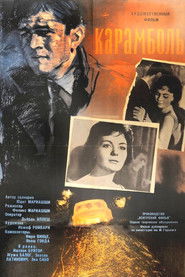 Terpink the bragging man of muscle...
Terpink the bragging man of muscle...Collision 1964
Terpinkó, the bragging man of muscle likes womanising linked with betting: conquering is a great fun for him. He bet one to a hundred on his new boss, Éva. But the wife of the engineer handles all his tricks with annoying benevolence. Terpinkó falls in love with her and therefore he cannot stand her not returning his feelings.
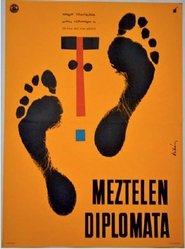 Flix a somewhat clodhopping young man...
Flix a somewhat clodhopping young man...The Naked Diplomat 1963
Félix, a somewhat clod-hopping young man, finds himself in the Grand Hotel of Little Lagonda, barefooted and in pyjamas. He is soon followed by a hooded, fat and leggy gangster. This is all the more strange as the hotel is under quarantine with the pretext of a plague-epidemic, in order to make it a suitable ground for the negotiations of certain oil-companies.
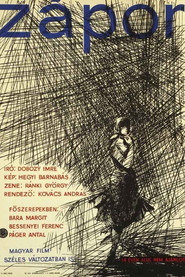 Miskei the popular and dynamic president...
Miskei the popular and dynamic president...Summer Rain 1961
Miskei, the popular and dynamic president of a co-op falls in love with Mari, the attractive wife of the elderly Pató. The deeply feeling woman is fed up with the service beside the haughty land holder, she is longing for tenderness and a child. The passion of Miskei is growing when he sees how crudely, humiliating Pató treats her. During a powerful summer shower, when chance brings them together in an abandoned press house, he storms on Mari confessing love. The woman refuses him bitterly. Miskei calms down and he keeps on expressing his love and high esteem with the woman by steadfast and tiny compliments. Early one morning Mari leaves her husband and sets off to the city to learn and to begin a new life.
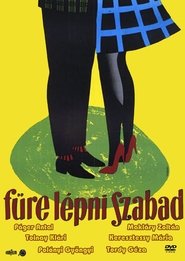 Daddy Krsz the stakhanovist worker complains...
Daddy Krsz the stakhanovist worker complains...Don't Keep Off the Grass 1960
Daddy Kárász, the stakhanovist worker, complains in a television interview about the fact that his family, consisting of many members, cannot get a home on their own. Kéri, the chairman of the local authority, promises to help him on the condition that if he does not, they may move in to his villa at elegant Pasarét. Nothing happens, therefore the Kárász family takes Kéri by his word. From this time on, tumultuous scenes and frequent quarrels take place in the villa between the two families.
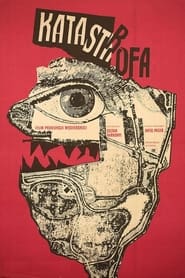 Private inspector Hvel happens to travel...
Private inspector Hvel happens to travel...Crime at Dawn 1960
Private inspector Hável happens to travel on the train which is attacked at Biatorbágy. His attention is drawn to a suspicious man, and in the next few days he confirms that it was indeed him who committed the crime. Yet the police accuses not the lunatic Marschalkó but the communists. Summary justice is declared.
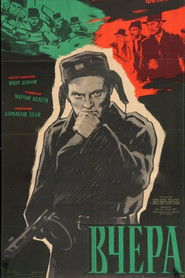 October 1956 Colonel lieutenant Szab sends a...
October 1956 Colonel lieutenant Szab sends a...Yesterday 1959
October, 1956. Colonel lieutenant Szabó sends a platoon with the mission of calming the people demonstrating in the town. The platoon is lined up under the command of Lieutenant Csendes and the soldiers aim at the demonstrators. Szusza Kis changes sides, and Csendes is unable to shoot at his childhood mate. They withdraw.
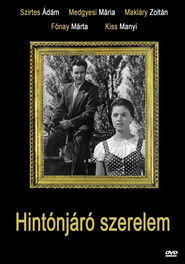 The top management of the cooperative...
The top management of the cooperative...Love Travelling a Coach 1955
The top management of the co-operative in the rural community at Lake Balaton goes on coaches everywhere to irritate Mrs. Peczöli, the snobbish wife of the only individual farmer. Peczöli would readily join the co-operative, should it not oppose his apple improving experiments.
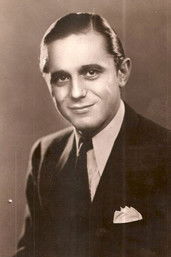
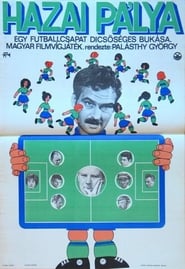 This ironic comedy is set in...
This ironic comedy is set in...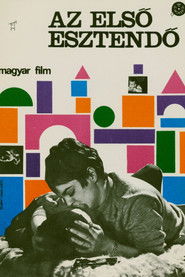

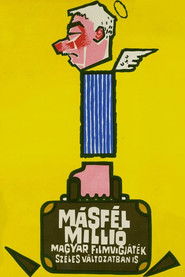
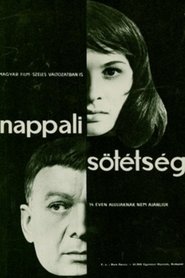 In 1963 in Tihany somebody addresses the...
In 1963 in Tihany somebody addresses the...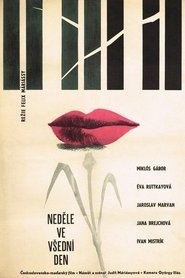 Jirka is a composer his wife...
Jirka is a composer his wife...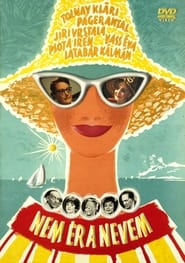 The grey hero of grey workdays...
The grey hero of grey workdays...